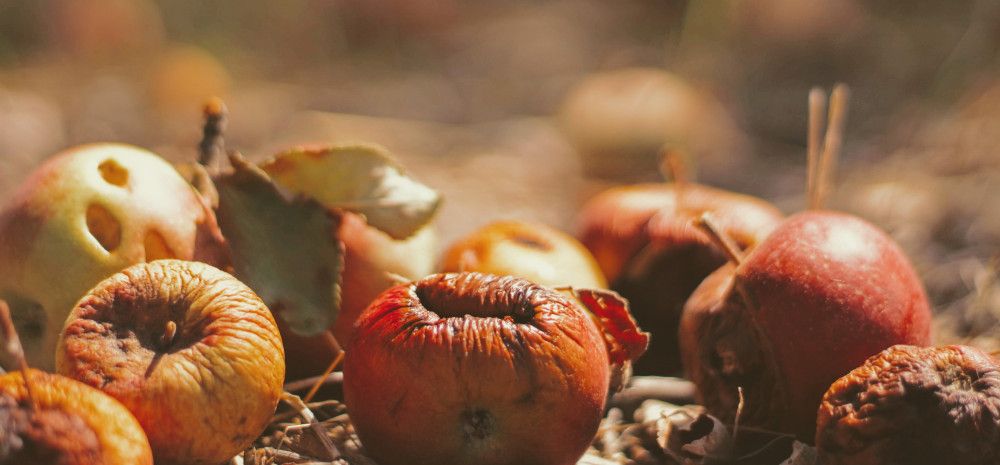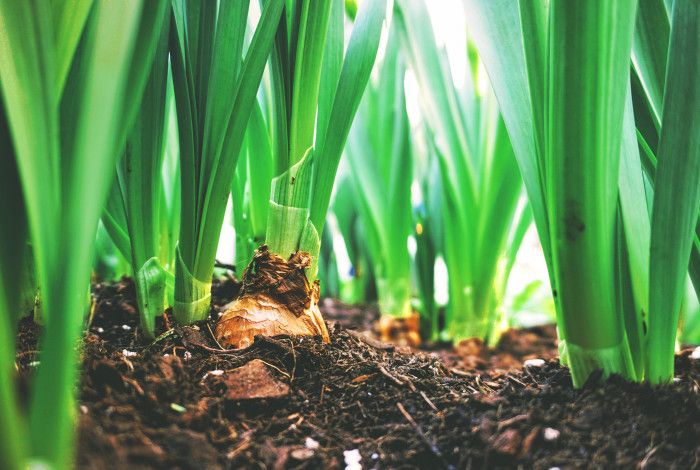
Each month the average Victorian household throws away uneaten food to the value of $150.
It’s time to change the trend and help reduce food waste.
In addition to using your green lid food and garden waste bin, there are several other ways you can recycle your food waste at home.
Have you ever thought about building your own worm farm or making your own compost bin.
Composting household waste, such as garden waste and fruit and vegetable scraps, can
decrease household waste by up to 50 per cent and reduce Australia’s carbon footprint.
For those items that cannot be home composted such as meat, cheese, bread and pasta they can simply be placed into the green lid food and garden waste bin, mixed with an adequate amount of garden waste.
What can you compost?
Fruit and vegetable peelings, newspapers, grass clippings, weeds, tea leaves, coffee grounds, eggshells, old potting mix and dead flowers. Avoid placing meat or dairy products in your compost until you are confident and experienced in making compost.
Handy hints:
► Keep a bucket with a well-sealed lid in the kitchen to collect food scraps
► Sprinkling soil or finished compost on top of food scraps will make a richer compost and help reduce odours
► Add air to the compost so it doesn’t smell by turning it with a garden fork weekly or by placing garden stakes or pipes through the heap to allow air in.
To encourage residents to take up composting to feed their home gardens, Council is hosting a free workshop.
Online Workshop
Compost, Worm Farming and Bokashi Workshop
Saturday 23 October
Bookings essential
Each month the average Victorian household throws away uneaten food to the value of $150.
Keep an eye on Council’s website when we will soon release details on how residents can purchase subsidised compost bins online.

